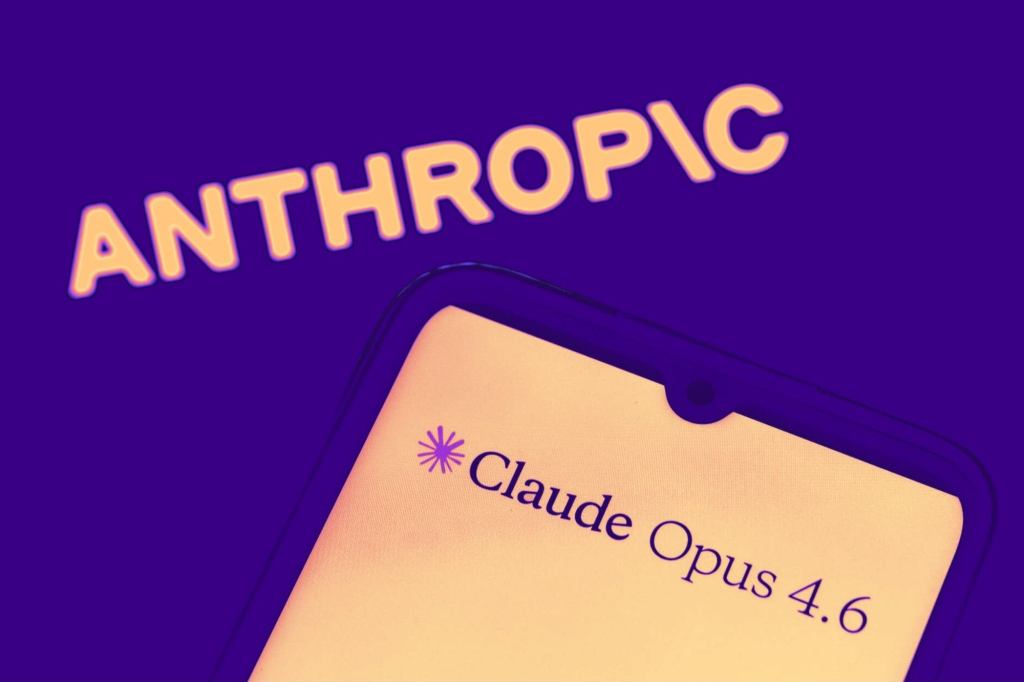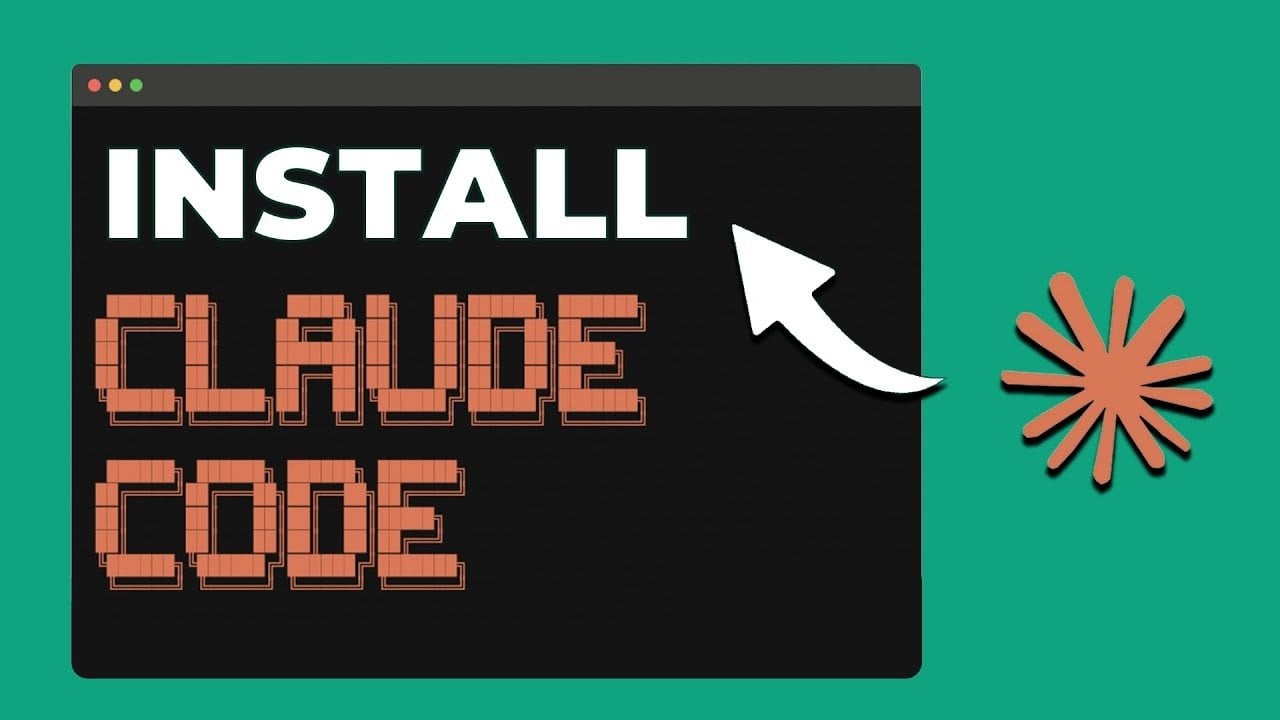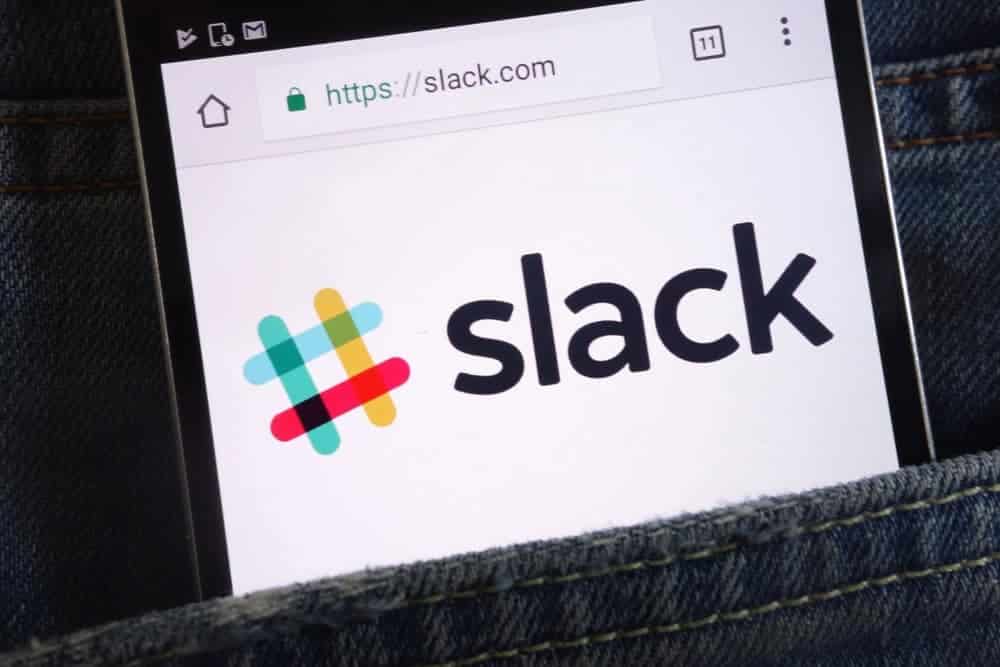#claude-code
#claude-code
[ follow ]
#anthropic #agentic-ai #ai-coding #software-development #cowork #ai-assisted-development #ai-funding #automation
Artificial intelligence
fromBusiness Insider
1 week agoAmazon limits on Claude Code frustrate employees, including some who have to sell it to cloud customers
Amazon requires formal approval before employees can use Anthropic's Claude Code for production and directs teams to use its internal AI coding assistant Kiro instead.
fromThe Bootstrapped Founder
1 week agoHow to Actually Use Claude Code to Build Serious Software
Here's what I've found: a lot of the value of Claude Code is in its configuration and correct prompting. When you're just starting, you think the value is really in the code it generates. But honestly, most of the value of Claude Code is in the code it doesn't generate-so you don't have to throw it away. The better you are at setting a really solid system prompt, at executing the agentic loop correctly with the right permissions, the right interceptions,
Artificial intelligence
fromMedium
1 week agoClaude Skills for Product Designers
Product design is all about process. The better your workflow is organized, the more predictable your outcomes become. Claude Skills is a powerful tool that lets you turn repetitive thinking and analysis into reusable, reliable workflows, so your impact scales far beyond one-off prompts. In this article, I'll show how product designers can use Claude Skills to automate & standardise common workflows, such as analysing user interview transcripts during user research.
UX design
Artificial intelligence
fromFast Company
1 week agoAnthropic's new Claude Opus 4.6 aims to think through bigger codebases
Claude Opus 4.6 enhances coding, planning, and long-context reasoning, enabling comprehension of larger codebases, longer workflows, improved debugging, and collaborative agent teams.
fromTheregister
3 weeks agoClaude Code ignores ignore rules meant to block secrets
Software developers often store secrets - passwords, tokens, API keys, and other credentials - in .env files within project directories. And if they do so, they're supposed to ensure that the .env file does not get posted in a publicly accessible .git repository. A common way to do this is to create an entry in a .gitignore file that tells the developer's Git software to ignore that file when copying a local repo to a remote server.
Information security
Artificial intelligence
fromFortune
1 month agoAnthropic launches Cowork, a file-managing AI agent that could threaten dozens of startups | Fortune
Anthropic launched Claude Cowork, a general-purpose AI agent that reads, manipulates, analyzes, and creates files on users' computers, available to Max subscribers.
fromTechCrunch
1 month agoAnthropic's new Cowork tool offers Claude Code without the code | TechCrunch
Built into the Claude Desktop app, the new tool lets users designate a specific folder where Claude can read or modify files, with further instructions given through the standard chat interface. The result is similar to a sandboxed instance of Claude Code, but requires far less technical savvy to set up. Currently in research preview, Cowork is only available to Max subscribers, with a waitlist available for users on other plans.
Artificial intelligence
fromArmin Ronacher's Thoughts and Writings
1 month agoA Year Of Vibes
Now I feel I have found a new stable status quo for how I reason about where we are and where we are going. I'm doubling down on code generation, file systems, programmatic tool invocation via an interpreter glue, and skill-based learning. Basically: what Claude Code innovated is still state of the art for me. That has worked very well over the last few months, and seeing foundation model providers double down on skills reinforces my belief in this approach.
Artificial intelligence
Information security
fromFortune
3 months agoAnthropic says it 'disrupted' what it calls 'the first documented case of a large-scale AI cyberattack executed without substantial human intervention' | Fortune
A Chinese state-sponsored group used AI agents to autonomously execute a coordinated cyberespionage campaign targeting about 30 global organizations.
fromInfoQ
3 months agoAnthropic Adds Sandboxing and Web Access to Claude Code for Safer AI-Powered Coding
Anthropic released sandboxing capabilities for Claude Code and launched a web-based version of the tool that runs in isolated cloud environments. The company introduced these features to address security risks that arise when Claude Code writes, tests, and debugs code with broad access to developer codebases and files. According to Anthropic, "Giving Claude this much access to your codebase and files can introduce risks, especially in the case of prompt injection."
Artificial intelligence
fromZDNET
3 months agoYou can use Anthropic's popular Claude Code tool on the web now - how to get access
Anthropic's Claude Code tool has become a go-to-assistant for developer's coding needs within their terminal. Now, the company is making it accessible directly from the browser, meaning users can access the coding assitant without even opening the terminal. Also: I've tested free vs. paid AI coding tools - here's which one I'd actually use Starting today, users can assign coding tasks to Claude using Anthropic-managed cloud infrastructure, giving developers the ability to code in the GitHub repository via a web interface -- similar to how OpenAI's Codex and Google's Jules operate. This builds on Claude's previous capabilities, which allow users to run the coding assistant directly in their workspace to write or manage code.
Software development
fromLogRocket Blog
4 months ago6 easy ways to level up Claude Code - LogRocket Blog
One of our favorite tools is Claude Code, the AI coding assistant from Anthropic, which we're using to explore ideas, ship features, and create documentation. But while Claude Code is powerful out of the box, its real potential emerges when you customize it to fit your workflow. In this article, I'm going to walk through a handful of tips and tricks that help you move beyond simply entering prompts into a text box.
Software development
Artificial intelligence
fromThe Hacker News
5 months agoAnthropic Disrupts AI-Powered Cyberattacks Automating Theft and Extortion Across Critical Sectors
An actor weaponized Anthropic's Claude and Claude Code to automate large-scale data theft and extortion across at least 17 organizations, demanding ransoms over $500,000.
Artificial intelligence
fromDevOps.com
5 months agoEnterprise AI Development Gets a Major Upgrade: Claude Code Now Bundled with Team and Enterprise Plans - DevOps.com
Claude Code is integrated into Anthropic Team and Enterprise plans, enabling secure, governed AI coding at scale without sacrificing productivity.
fromWIRED
6 months agoAnthropic Revokes OpenAI's Access to Claude
According to Anthropic's commercial terms of service, customers are barred from using the service to 'build a competing product or service, including to train competing AI models' or 'reverse engineer or duplicate' the services.
Artificial intelligence
fromZDNET
7 months agoClaude Code's new tool is all about maximizing ROI in your organization - how to try it
"Obviously, you don't want to spend too much on this solution, and it can be expensive because the model itself is pretty expensive, but at the same, you don't want to make that number too small, because like in some in a lot of ways, I think every dollar into this system, you know, is like more than one dollar out."
Artificial intelligence
[ Load more ]



















